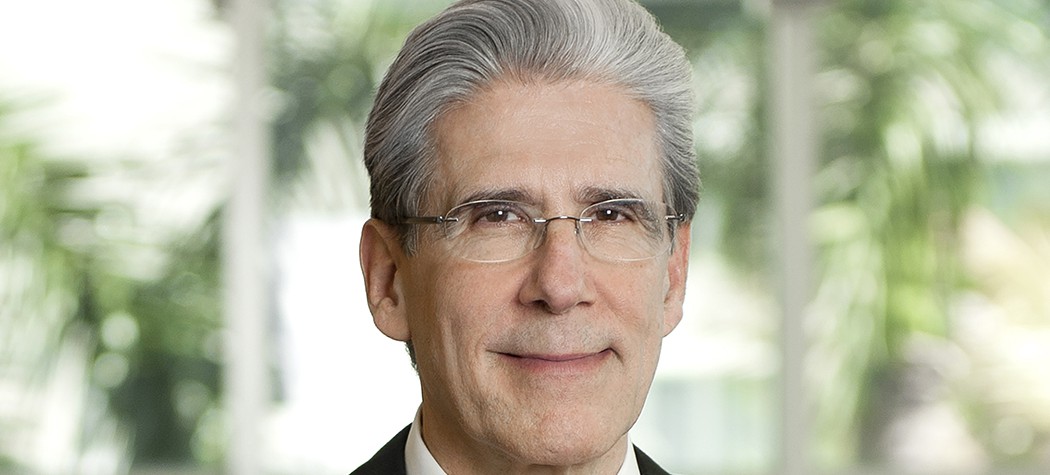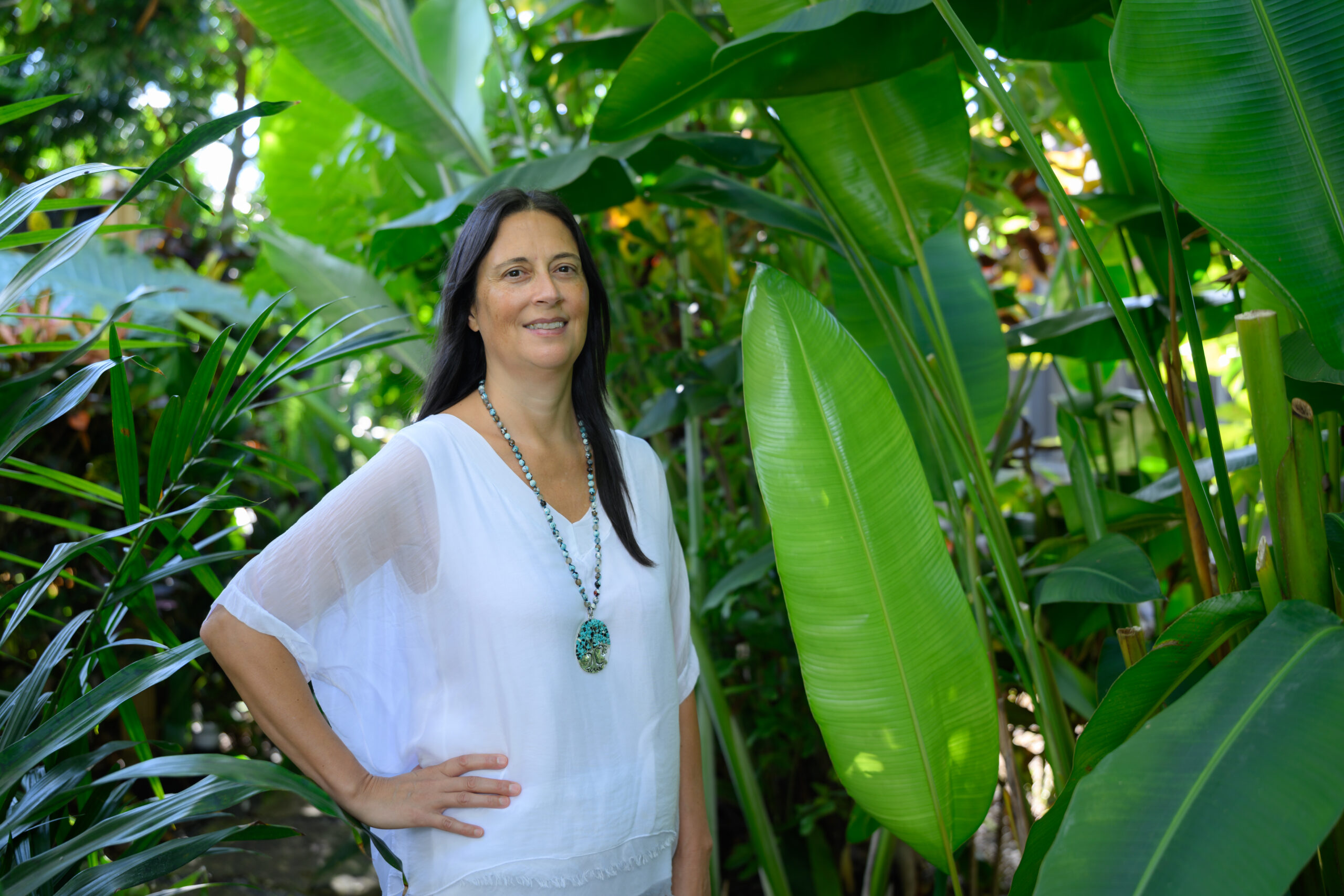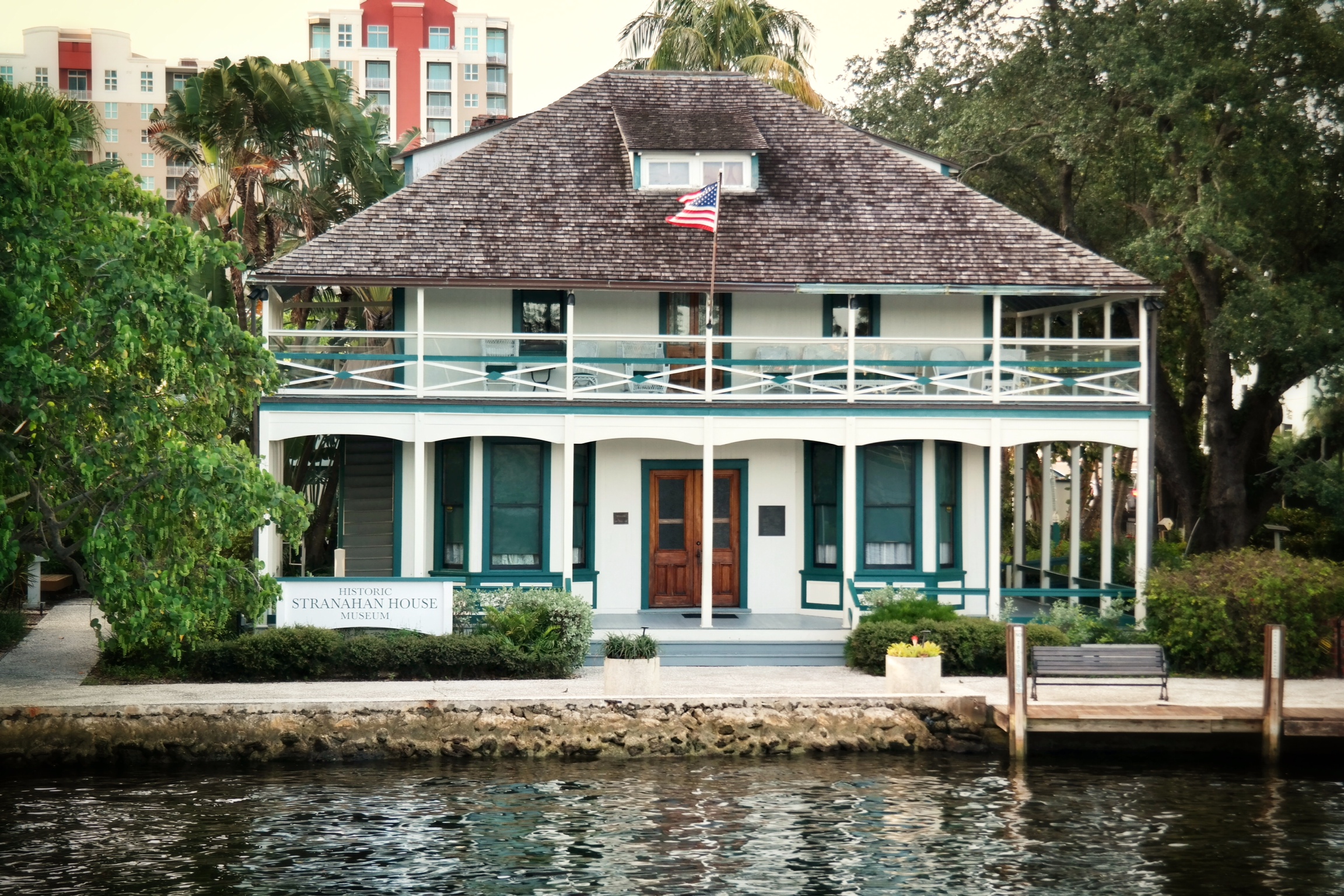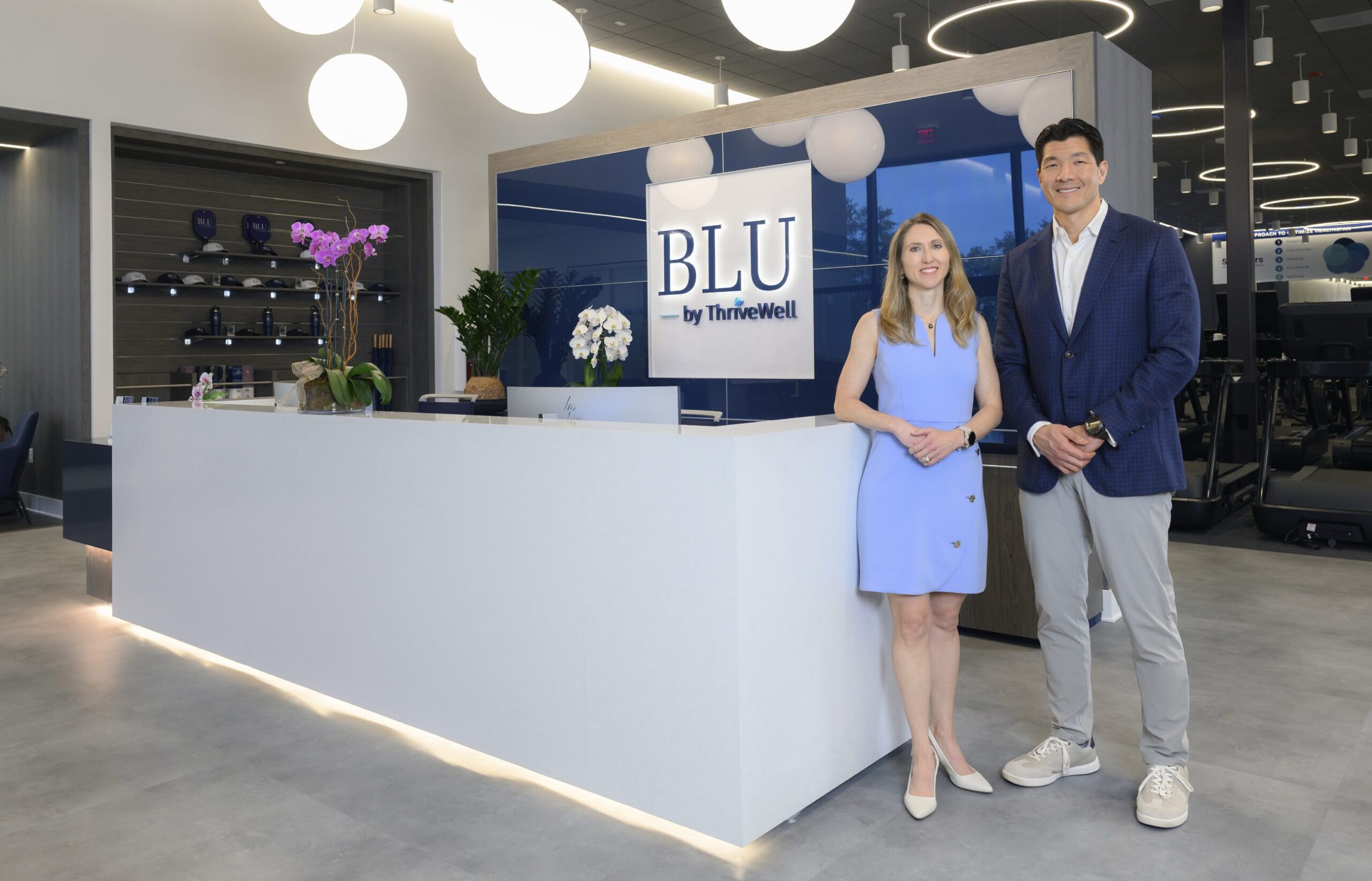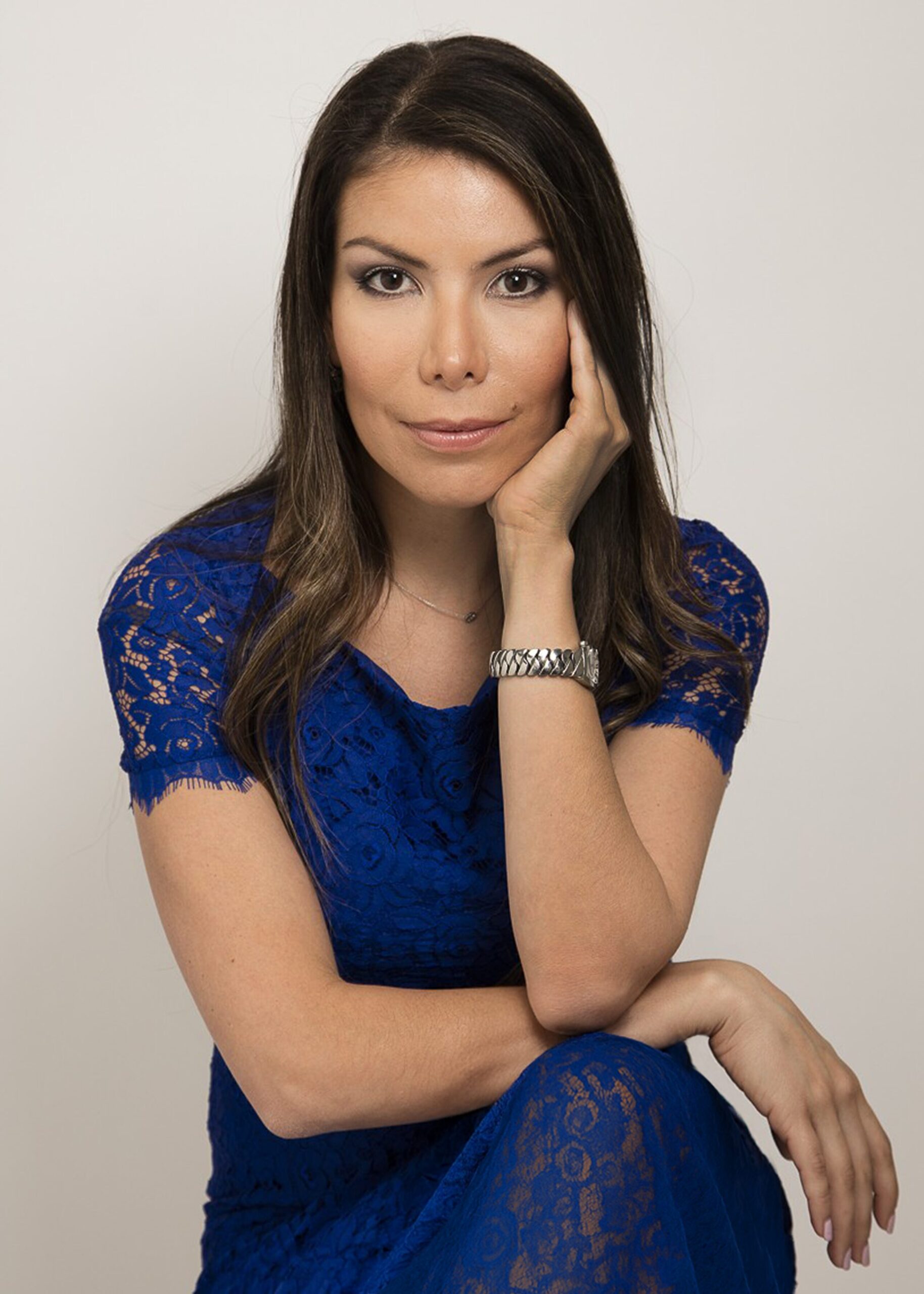1 What was the transition from dean to president like?
There are two big differences that I have found interesting (Frenk became the sixth UM president in August 2015). One is the scope. At Harvard, I was dean of the school of public health, and public health is my specialty. … It was a focused approach. Here, it is the entire scope of scientific and artistic endeavors, and so the scope is comprehensive. That’s been a great opportunity for me to learn. … Also, as president, I’m CEO of the organization. Although I am accountable to a board, I don’t have an individual to report to. I’m appointed by a group called the board of trustees, which has a chair, but in the end, as president, it’s given me a clear meaning of the famous phrase “the buck stops here.”
2 What do you learn from UM students?
The most exciting part of my job is the interaction with students and young faculty members. It’s an incredible privilege to go to work everyday interacting with these bright people. Newer generations have a different perspective. They have a worldview that’s different from that of prior generations, so I like to sit down and listen to them. One thing I’ve found at UM is that the students are engaged—they’re active. … They’re independent. They have strong ideas and proposals. But they always express themselves not only with great respect but also in a constructive atmosphere. I can sense the love that our students have for the university, and that’s invigorating for me.
3 What lesson has defined your presidency so far?
Universities are more essential than ever before—especially as we move toward this complex environment with divisive discourse pitting some groups of society against others. I like to speak about the idea of the exemplary university, meaning that the university, in the values and behaviors it adopts intentionally, serves as a modern example to the larger society of which we are a part. I really think that we have to stand out as a symbol of using reason to deal with our differences in a respectful manner—of being able to embrace diversity in all dimensions. But that diversity needs to be accompanied by the idea that we can tolerate different perspectives, because it also includes diversity of opinion.
4 What can you tell us about your family’s medicine tradition?
I like to joke that strong medicine is a genetic disorder transmitted through generations. I’m the fourth generation (physician) on my paternal side. My father was born in Hamburg, Germany and escaped when he was 6—his mother, father and sister escaped the Nazi regime in the 1930s. My great-grandfather was a doctor in Germany. My grandfather was a doctor and then moved to Mexico and completed his career, and my father is a physician.
In the prior three generations, they were all men. In my generation, my sister [also] is a physician. In the next generation [of physicians], all three—my two nieces and my daughter—are women. It tells you that medicine is on the path of improvement from being almost an all-male profession to a much more diverse profession.
5 What do you see in UM’s future?
I made two major commitments in my inaugural speech, which I gave in January 2016. One is to create 100 new endowed positions to continue to attract and retain the best faculty. For the 100th anniversary [in 2025], I’m committing to raising support for students so that we can meet 100 percent of demonstrated financial need.
We are embarking on a planning exercise that we call “Roadmap to a New Century” with goals to take UM to its next level of excellence.
6 Can you tell us something about yourself that no one knows?
Not everyone knows that I have a twin sister. When you have to share your mother’s womb with another person, you develop a strong capacity to share what you have. You learn to accommodate other people. I feel fortunate to have had that opportunity to shape my character. It’s also given me an enormous admiration for women. I tell people I’ve learned since I was little that my twin is the better half. Women are a much better-rounded version of the human species.
7 What’s the best thing about living in Pinecrest?
I love the community. I’m fortunate to live in the Smathers Four Fillies Farm, which is a development of UM. It’s a beautiful location. I love Pinecrest Gardens and the Sunday farmers market. Almost every Sunday we go there when I’m not traveling. In general, I’ve been very much welcome and we’ve felt very much at home. The abundance of green space is something that we appreciate. My wife [Felicia] and I like to bike, so we greatly appreciate the bike paths.



